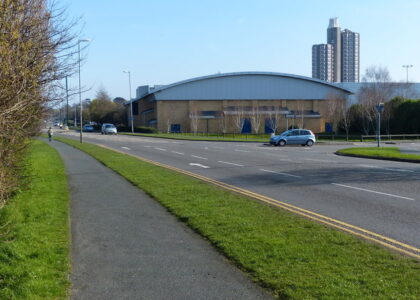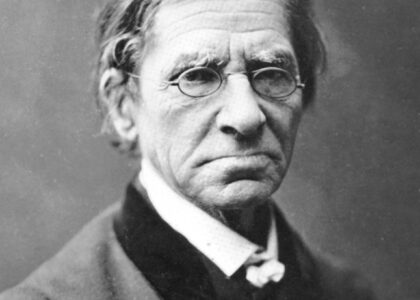Welcome to Buell Island, a place where history flows as deeply as the Muskingum River that surrounds it. This island is more than just a patch of land; it’s a chapter in the story of American expansion and industrial ambition. Let’s journey back to the late 18th century, when the first European settlers arrived in the area after the Northwest Ordinance of 1787 opened the territory for settlement. By 1788, pioneers had already begun exploring north from the newly established town of Marietta, laying the groundwork for what would become the village of Lowell.
The story of Buell Island truly begins in the 1830s, when the Ohio State Legislature approved a series of locks and dams to enhance navigation and harness the power of the Muskingum River. This ambitious project included the construction of Lock #3 and a mile-long canal near the mouth of Cats Creek, effectively creating Buell Island. This island became the largest river island on the Muskingum and a focal point for the burgeoning community.
In 1838, Perez Barnum Buell, a visionary surveyor, laid out the area that would be known as Buell’s Lowell, hoping to emulate the manufacturing success of Lowell, Massachusetts. The settlement was strategically positioned to take advantage of the waterpower generated by the new dam and canal. This attracted various industries, transforming the area from a simple farming community into a vibrant industrial hub.
The island also boasts connections to notable individuals, such as Major General Don Carlos Buell, born here on March 23, 1818. A graduate of the U.S. Military Academy, Buell played a significant role in the Civil War, with his leadership at the Battle of Perryville being particularly noteworthy. Today, a historical marker on Buell Island commemorates his contributions.
Throughout the 19th and early 20th centuries, Buell Island and the surrounding village of Lowell flourished, thanks in part to the accessibility provided by steamboat and later railroad connections. However, as river trade dwindled and industries moved elsewhere, the island’s role shifted towards recreation and community events.
Buell Island remains a cherished part of Lowell, hosting events like the annual Octoberfest and Springfest festivals. Yet, its future faces challenges, such as the proposed hydroelectric power plant that has sparked concern among residents over its potential impact on local wildlife and recreation.
As you explore Buell Island, envision the bustling past and consider the community’s resilience in preserving its heritage amid change. This island is not just a point on a map; it’s a testament to the enduring spirit of exploration and innovation.





